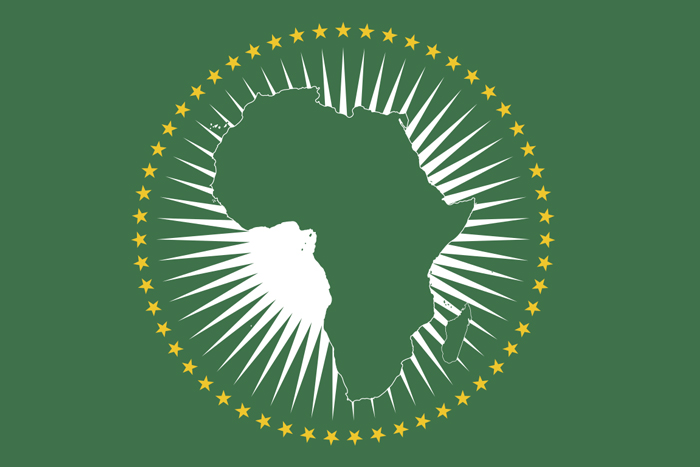African Union Interafrican Bureau for Animal Resources (AU-IBAR) organized a three-day workshop in Seychelles. Delegates from Mauritius, Comoros, and Madagascar participated in the workshop along with the host.
African Union Interafrican Bureau for Animal Resources (AU-IBAR) organized a three-day workshop in Seychelles. Delegates from Mauritius, Comoros, and Madagascar participated in the workshop along with the host. The workshop was to review the policy direction for sustainable fisheries, aquaculture, and blue growth in Africa. It also explored strategies that will assist the African Union in achieving its Agenda 2063 objectives over the next 50 years.
During the three days, the 35 participants from AU states were given simulations of real-life negotiations in order to know how to benefit the most when negotiating on the international scene.
A unified front in international forums that could considerably advance Africa’s fisheries and aquaculture sector was identified in the workshop. These initiatives drive to ensure increased contribution to food and nutritional security, poverty alleviation, and economic growth consistent with the Malabo Declaration calling for action on the transformation of African agriculture by 2025.
Also Read:
https://trendsnafrica.com/aus-annual-meet-in-addis-ababa-to-kick-off-tomorrow/
https://trendsnafrica.com/seychelles-hosts-second-meeting-of-au-platform-for-sids/
Particular mention was made of the several strategies in place to meet these needs and among them The Africa Blue Economy Strategy (ABES) which aims to establish an inclusive, sustainable Blue Economy that transforms and grows Africa. The meeting followed requests from African leaders that more is done for their nations to formulate and promote shared views in international relations negotiations. AU-IBAR said that this in turn would ensure that international agreements integrate African requirements and contexts. However, to keep fisheries sustainable and profitable on the continent, the African nations must themselves ratify and implement these agreements.
The training was implemented under the Enhancing Sustainable Fisheries Management and Aquaculture Development in Africa: project for accelerated reform of the sector Project (FishGov 2), a European Union-funded project.





